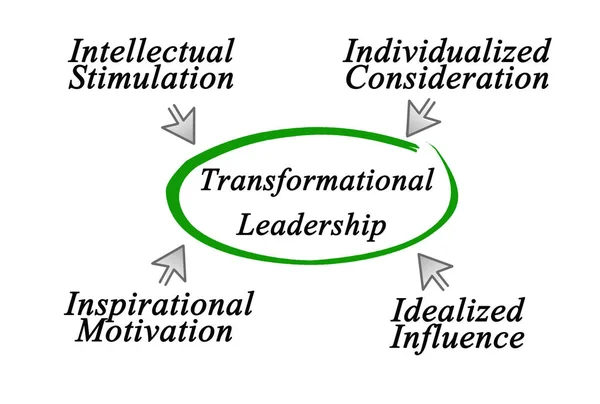
Transformational leadership is a leadership style that focuses on inspiring and motivating individuals to not only achieve their personal and professional goals but also to strive for continuous improvement and growth. This approach to leadership is characterized by the leader’s ability to engage and empower followers, fostering a collaborative and supportive environment that encourages creativity and innovation.
One key aspect of transformational leadership is the leader’s ability to articulate a clear and compelling vision for the future. This vision serves as a guiding force, inspiring and energizing individuals to work towards a common goal. The leader must also be able to effectively communicate this vision and inspire others to believe in it and work towards its realization.
In addition to setting a clear vision, transformational leaders also focus on developing the skills and abilities of their team members. This may involve providing opportunities for training and professional development, as well as offering ongoing support and guidance. By helping team members develop their skills and abilities, transformational leaders not only improve the performance of their team but also foster a culture of continuous learning and growth.
Transformational leaders also place a strong emphasis on building strong relationships with their team members. They are approachable and open to feedback and encourage open communication and collaboration. This creates a sense of trust and respect, which can lead to increased motivation and commitment from team members.
One of the key benefits of transformational leadership is its ability to inspire and motivate team members to go above and beyond their normal job duties. Transformational leaders create an environment in which individuals feel empowered to take ownership of their work and contribute to the success of the team. This can lead to increased creativity, innovation, and problem-solving, as team members feel more invested in the success of the organization.
Transformational leadership is not only beneficial for team members, but also for the organization as a whole. Research has shown that transformational leaders are more effective at driving organizational change and improving performance. This is because they are able to create a sense of shared purpose and vision that unites and motivates the entire organization.
While transformational leadership can be an effective approach, it is not without its challenges. One potential challenge is that transformational leaders may be perceived as more autocratic, as they are responsible for setting the direction and vision for the organization. This can create tension or resistance among team members who may feel that their input is not valued or considered.
Another challenge is that transformational leadership can be time-consuming and resource-intensive, as it requires ongoing support and the development of team members. This can be particularly challenging for leaders who are working in fast-paced or resource-constrained environments.
Despite these challenges, transformational leadership can be a powerful and effective approach for inspiring and motivating individuals and organizations to achieve their full potential. By setting a clear vision, developing the skills and abilities of team members, and fostering strong relationships, transformational leaders can create a positive and impactful environment that drives success and growth.